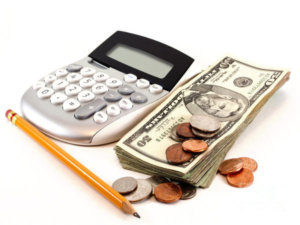
Many people are advocating for more personal financial skills to be taught to students in high school as more and more people graduate with few personal finance skills. Currently, only 17 states in the U.S. require high school students to take a personal finance course. Mismanaging your personal finances can have negative repercussions for many years and making a financial mistake soon after high school could affect your ability to secure employment and save for your future well into your thirties and forties. It is important for everyone to know some personal finance basics that will help keep them out of financial trouble. Here are some of the things you need to know.
Keep Track Of Your Spending
One of the biggest financial mistakes you can make is spending freely without documenting where your money is going. People who take this approach often overspend and fail to save for their future. When you document where your money is going, you can easily see if you are overspending in any one area of your life and can determine where spending can be cut to save money for future needs, such as buying a home, college savings for your kids, or funding your retirement. There are a number of personal finance software options that will track your spending for you based on the information provided by your bank accounts and credit cards.
Create A Budget
Spending without a budget is almost as dangerous as neglecting to track your spending. Your budget should be used to determine the portion of your income that should be spent on food, housing, transportation, entertainment, etc. It is also important to put an amount for saving into your budget and to transfer that amount from your checking account to your savings account as soon as you get paid to ensure that the money is available for the future. If you are having difficulty creating an effective budget or need help getting started, financial management programs like Mint can help you get on the right track.
Use Credit Sparingly
Many of the people that find themselves in financial trouble are in that situation because they used credit excessively and are now dealing with mountains of debt. The best way to avoid this fate is to use credit sparingly and only charge what you can afford to pay off in a month or two. If you must carry a balance on the credit card for more than a month, pay as much as you can to get the balance paid off quickly. The minimum payment amount tricks you into staying into debt forever as most of the money you pay goes towards paying the monthly interest amount, not the principal amount that the interest is based on.
